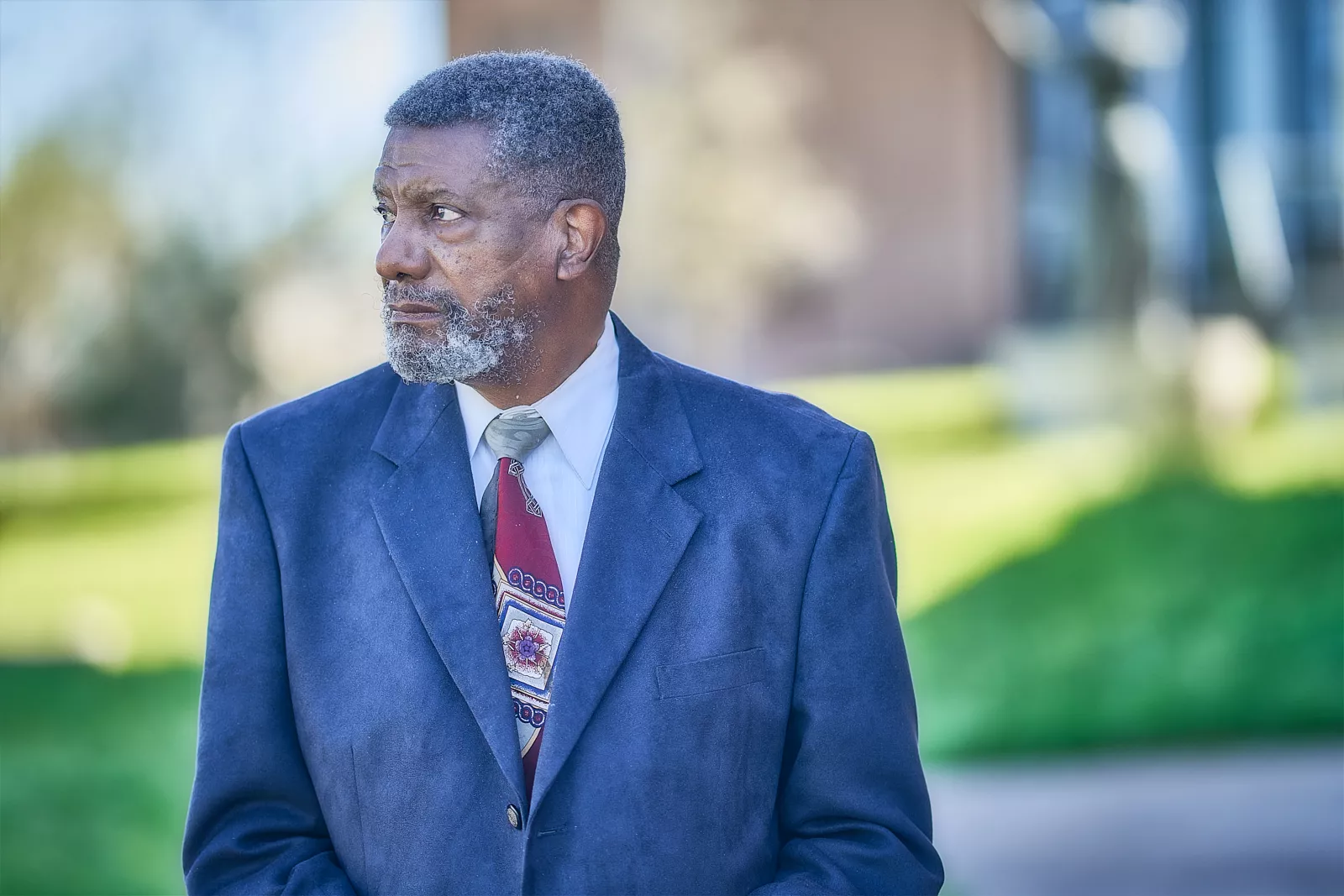
When I was a child in Fayetteville, NC, there was a man named Ed Newton who owned a small grocery store near my house. He would have me do math problems by giving me combinations of grocery purchases and asking what they’d cost or what the change should be.
When I was right, he’d give me a small prize – and I was right a lot. I think Mr. Newton’s generosity with me gave me two lessons early on that stuck with me. First, I learned to love math. But I also learned that you never know who you might meet along the way who will influence or help you and what you can do with it. I hope in my role in education I can be one of those people – perhaps providing guidance or assistance to a student or a member of my union that will help them on their journey.
After a career in the military for over 22 years (I was a jumpmaster paratrooper in the army and worked in the Pentagon), I became a math teacher in Virginia and won several teacher of the year awards and devoted time to having students experience new ideas. Eventually I moved to Austin and have been a math teacher at Kealing Middle School in the Austin Independent School District and now direct its AVID program.
My understanding of work and fairness in society began early.
When I was a teenager, I wanted a job at the grocery store, though I knew that only white people worked there. I asked my mother to inquire, and she rightly told me ‘If you are interested in working there, then you ask about the job.’ I did and convinced the manager to hire me. He eventually offered me the job as night manager while I was still in high school.
As a student in school, we got hand-me-down books with notes inside, suggesting in unpleasant terms that black people could not read or learn. When I was in college at North Carolina A&T, the sit-ins there prompted a police crackdown and riots. A fraternity brother of mine was killed and I remember bullets flying into our dorm rooms.
So, it was natural for me to think about fairness and the dynamics of employment – and I began to see the ways that teachers were treated unfairly and how important it was for them to have a voice.
I became the steward for my local at my school – and joined the executive board of Education Austin. I also serve as a delegate to the NEA convention.
As a union leader, I have worked on issues ranging from gun violence and how federal dollars for education are stalled at the state level in Texas to teacher rights for safely entering the classroom during COVID-19. Maybe even more importantly, I am constantly working with educators about problems they have in their schools on the job. That work is very satisfying too.
A grocery store owner boosted my confidence and helped me develop a skill that came naturally to me. It started me thinking about math and how to get others to enjoy it and led me to a career as an educator. His fairness next to the inequities and hatred I have seen, also led me to think about ways I could improve the circumstances of my students and co-workers, boosting them and creating pathways forward.

